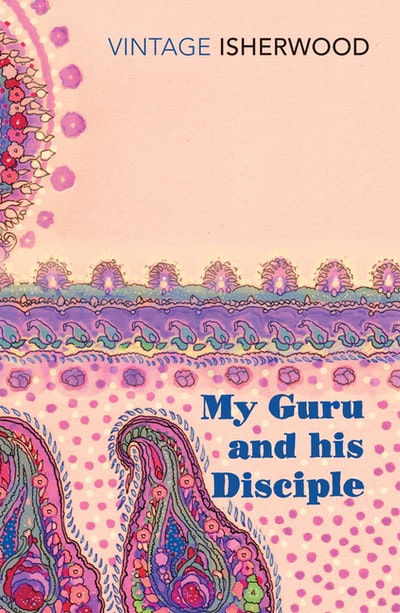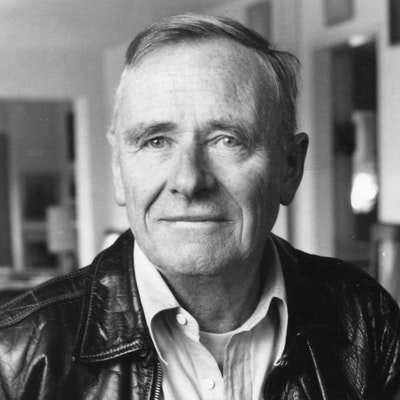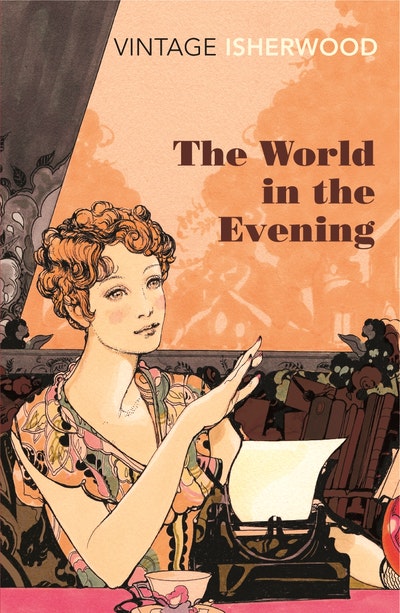[]
My Guru and His Disciple
Formats & editions
Buy from…
- Published: 23 May 2013
- ISBN: 9781446476178
- Imprint: Vintage Digital
- Format: EBook
- Pages: 320
A masterpiece of spiritual memoir
Los Angeles Times
Isherwood has reinvented the spirit of devotion for the modern reader. If I had to propose a candidate for canonization, Isherwood - wry, self-conscious, scrupulously honest - would get my vote
Edmund White, New York Times
The sacred and the profane collide like never before
Giles Foden, Conde Nast Traveller
What emerges is a record of a religious adventure that would have delighted Kierkegaard... Isherwood rejects conventional piety - all the humdrum apparatus of worship - in favor of a direct, even jaunty appreciation of how preposterous, certainly precarious, spirituality can be today.
New York Times










